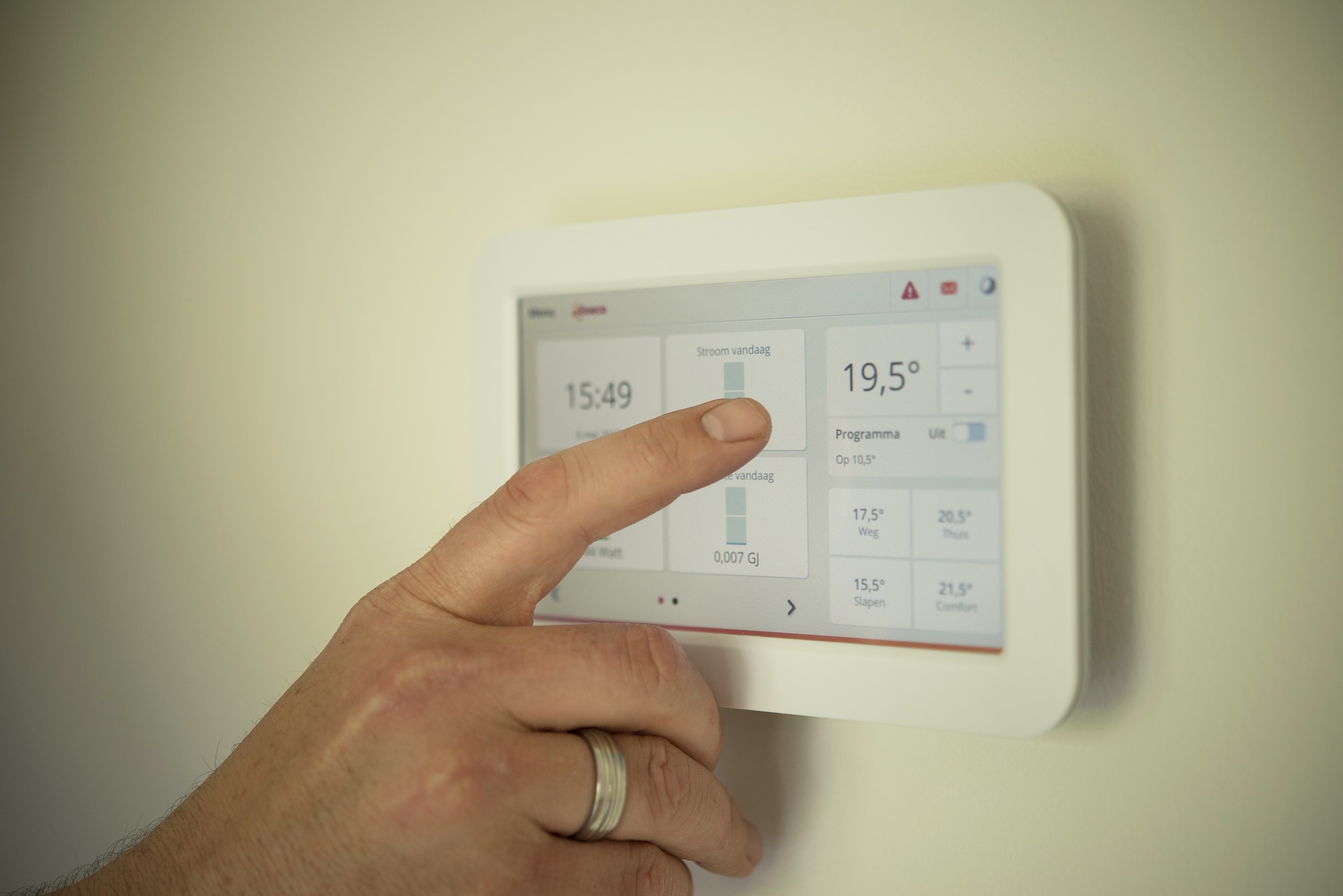The government wants to give low-income households a gift of 200 euros now that energy prices are rising. But students are missing out, the Dutch Student Union (LSVb) warns.
With the energy prices of January 2022, a household with an average energy consumption will pay 2,800 euros per year for energy. (Photo: Skitterphoto / Pixabay)
Gas prices are rising substantially and energy bills are going through the roof. The government wants to give low-income households an allowance of 200 euros. But it needs to happen quickly, so there is no room left for tailor-made solutions. “The government acknowledges that the more generic solution is not ideal but it is the only solution to an acute problem that can be introduced quickly”, according to the explanatory note to a bill to facilitate the energy allowance.
Welfare benefit
So a one-off energy allowance will be paid to 800,000 individual households with an income on or just above the social minimum. This is in addition to the previously announced reduction in the energy tax for everyone.
‘The financial position of students is already extremely tight’
It will operate via the ‘categorical special assistance’ scheme, according to the bill. But students do not qualify for that because they get student grants. “The financial position of students is already extremely tight”, says Ama Boahene of the Dutch Student Union. “And now they are going to get sky-high energy bills. It’s baffling that they, of all people, don’t qualify for the government’s compensation scheme.”
The living situation of students varies widely, from rooms in large student complexes to small independent accommodation. Meaning the extent to which students suffer from the rising prices varies widely too.
Municipalities
Municipalities could potentially be able to help students, but the Dutch Student Union fears that they have too little time and money for that. “The fact that it’s difficult to administer a compensation scheme shouldn’t mean that students are abandoned to their fate”, says Boahene.
Various opposition parties, such as DENK, SP, GroenLinks and BBB, have already said that they are going to ask for students to be taken into consideration when the bill is debated in the House of Representatives.
Young people under 21 years of age are not covered by the scheme either, because their parents have a maintenance obligation. So they have to pay any higher energy bills. The Dutch Student Union finds that strange too. What if those parents can’t afford that?
Rise
In fact, those 200 euros are only a palliative solution, because energy has become really expensive. Based on the energy prices in January 2022 a household with an average energy consumption will suddenly have to pay 2,800 euros a year for its energy, according to the explanatory note. “That is 1,321 euros (86 percent) more than in the previous year.” Some households can, however, be eligible for the special welfare benefit for unexpected expenses.
The government expects in particular that people living in badly insulated homes could get into difficulties if they have a low income. They find it hard to make ends meet even under normal circumstances. “Regularly these people already have problems with debt”, in the government’s view. “Low-income households have no financial buffer, so the unexpected and unprecedented steep rise in energy prices is hitting them especially hard.”
HOP, Bas Belleman
Translation: Taalcentrum-VU
Do you have a question or comment about this article?
redactie@hogeronderwijspersbureau.nl


Comments are closed.